What is the best processor for 8K video editing?
8K video editing is a demanding task that requires a powerful processor to handle the massive amount of data involved. 8K video has a resolution of 8192 x 4320 pixels, which is four times more than 4K and 16 times more than Full HD. Editing such high-resolution footage can put a lot of strain on your CPU, especially when applying effects, filters, transitions, and color grading.
So, what is the best CPU for 8K video editing? The answer depends on several factors, such as your budget, your software preferences, your workflow, and your other hardware components.
The number of cores for 8K video editing depends on the type and size of the video you are editing, as well as the software and hardware you are using. However, a general rule of thumb is that you need at least 8 cores for 8K video editing, and ideally 12 cores or more for better performance and efficiency. Some examples of CPUs with 12 cores or more are the AMD Ryzen 9 7950X, the Intel Core i9-13900K, or the Intel Xeon W. You may also want to consider other factors, such as clock speed, compatibility, and GPU integration, when choosing the best CPU for 8K video editing.
Compatibility refers to how well your CPU can work with your motherboard, RAM, GPU, and other components. You should look for a CPU that supports the latest technologies and standards, such as DDR5 memory, PCIe 5.0 interface, and NVMe SSDs. These can enhance the bandwidth and performance of your system.
Our recommended list of the Best CPU for 8K Video Editing
- AMD Ryzen 9 7950X3D
- Intel Core i9-13900K
- AMD Ryzen 9 7950X
- Intel Core i9-12900K
- AMD Ryzen 9 7900X
- Intel Core i5-13600K
Here are some factors to consider when buying the Top CPU for 8K video editing:
- Core count and threads: The more cores and threads a CPU has, the better it will be able to handle the demands of 8K video editing. For 8K video editing, you should aim for a CPU with at least 6 cores and 12 threads.
- Clock speed: The clock speed of a CPU is measured in gigahertz (GHz). The higher the clock speed, the faster the CPU will be able to process instructions. For 8K video editing, you should aim for a CPU with a clock speed of at least 3.5 GHz.
- Hyperthreading: Hyperthreading is a technology that allows a CPU to process two instructions at the same time on each core. This can significantly improve the performance of 8K video editing. Most high-end CPUs have hyperthreading enabled.
- The GPU integration: The GPU, or graphics processing unit, can help offload some of the heavy workload from the CPU, such as decoding and debayering 8K video. A quality GPU can smooth out playback, especially when adding effects and filters to the footage. A GPU that supports PCIe 5.0 can also increase the bandwidth and speed of data transfer between the CPU and the GPU. Some examples of quality GPUs are the NVIDIA RTX series and the AMD Radeon series.
- Cache memory: Cache memory is a small amount of high-speed memory that is located close to the CPU. It is used to store frequently accessed data, which can help to improve the performance of 8K video editing. For 8K video editing, you should aim for a CPU with at least 16MB of cache memory.
- Power consumption: 8K video editing can be a very demanding task, so it is important to choose a CPU that has a high power rating. This will ensure that the CPU has enough power to handle the demands of 8K video editing without throttling or overheating.
- Price: The price of CPUs can vary greatly. For 8K video editing, you will need to spend at least a few hundred dollars on a CPU. However, if you are serious about 8K video editing, you may want to consider spending more on a high-end CPU.
1. AMD Ryzen 9 7950X3D
The AMD Ryzen™ 9 7950X3D is a 16-core, 32-thread desktop processor that is designed for high-end gaming and content creation. It is the first consumer CPU to feature AMD’s 3D V-Cache technology, which adds an additional 128MB of L3 cache to the CPU’s die. This results in a significant performance boost in some applications, including 8K video editing.
In benchmarks, the Ryzen™ 9 7950X3D has shown to be the fastest CPU for 8K video editing. It outperforms the Intel Core i9-12900K by up to 30% in some tests. This is due to the combination of its high core count, high clock speed, and large cache size.
The Ryzen™ 9 7950X3D is also a good choice for other demanding tasks, such as 3D rendering and game development. However, it is important to note that it is a relatively expensive CPU.
Overall, the AMD Ryzen™ 9 7950X3D is an excellent CPU for 8K video editing. It offers the best performance on the market and is a good choice for other demanding tasks. However, it is a relatively expensive CPU.
Here are some of the pros and cons of the AMD Ryzen™ 9 7950X3D:
Pros:
- Fastest CPU for 8K video editing
- High core count (16 cores)
- High clock speed (up to 5.5 GHz)
- Large cache size (32MB + 128MB 3D V-Cache)
- Good for other demanding tasks, such as 3D rendering and game development
Cons:
- Expensive
- Not as good for gaming as some other CPUs
- Requires a new motherboard (AM5 socket)
If you are serious about 8K video editing and have the budget, the AMD Ryzen™ 9 7950X3D is the best CPU on the market for you.
2. Intel Core i9-13900K
The Intel Core i9-13900K is our best choice for an Intel CPU for 8K video editing. This is because of the 12 cores and 24 threads that comprise the flagship Raptor Lake processor. This means excellent single-core and multi-threaded performance when hardware rendering.
The Core i9-13900K has a base clock speed of 3.6 GHz and a boost clock speed of 5.2 GHz, which can handle any single-threaded or multi-threaded task with ease. It also has a large 30 MB of L3 cache, which can improve the efficiency and latency of your CPU.
The Core i9-13900K also utilizes DDR5 RAM, which offers twice the bandwidth and speed of DDR4 RAM. It also supports PCIe 5.0, which offers twice the bandwidth and speed of PCIe 4.0. This means increased bandwidth for your CPU and other components, such as your graphics card, which can help with intensive rendering tasks.
However, like the Ryzen 9 7950X, you’ll need a LGA 1700 motherboard and compatible memory to use this chipset. There’s no backward compatibility here. However, given the excellent performance on display, that could be a justifiable feat when all is said and done.
The Core i9-13900K is compatible with most major video editing software, such as Adobe Premiere Pro, DaVinci Resolve, Final Cut Pro X, and Vegas Pro. It can handle any format of 8K video, such as REDCODE RAW (R3D), XAVC-S, ProRes RAW, etc.
The Core i9-13900K is slightly cheaper than the Ryzen 9 7950X, which makes it a more affordable option for Intel fans. However, if you want the best performance for 8K video editing, the Ryzen 9 7950X still has an edge over the Core i9-13900K.
3. AMD Ryzen 9 7950X
If you’re searching for the top CPU for 8K video editing, look no further than the AMD Ryzen 9 7950X. This CPU is built on the flagship Zen 4 architecture and boasts an impressive 16 cores and 32 threads, offering exceptional performance for both single-core and multi-core tasks.
Running at a base frequency of 3.5 GHz and capable of boosting up to 5.0 GHz, the Ryzen 9 7950X effortlessly handles any video editing workload thrown its way. Its substantial 64 MB L3 cache minimizes latency and enhances CPU efficiency, resulting in smoother and more efficient processing.
The Ryzen 9 7950X embraces the latest technologies and standards, including DDR5 RAM and PCIe 5.0 support. These advancements provide double the speed and bandwidth compared to DDR4 RAM and PCIe 4.0, respectively. The increased bandwidth benefits not only the CPU but also other components like your graphics card, which is particularly advantageous during resource-intensive rendering tasks.
It’s important to note that utilizing the Ryzen 9 7950X requires a new AM5 motherboard and compatible memory, as there is no backward compatibility. However, the exceptional performance this CPU offers makes the transition well worth it.
When it comes to software compatibility, the Ryzen 9 7950X seamlessly integrates with major video editing applications like Adobe Premiere Pro, DaVinci Resolve, Final Cut Pro X, and Vegas Pro. It effortlessly handles various 8K video formats, such as REDCODE RAW (R3D), XAVC-S, and ProRes RAW, ensuring smooth editing experiences across different projects.
While the Ryzen 9 7950X stands out as an exceptional CPU, it’s important to note that it comes with a higher price tag compared to other options in the market. However, if you prioritize top-notch performance for 8K video editing, this CPU undoubtedly delivers the best results.
4. Intel Core i9-12900K
The Intel Core i9-12900K is a highly capable desktop processor that caters to the needs of both gamers and content creators, particularly those involved in the realm of 8K video editing. With its impressive specifications and advanced features, this CPU offers a significant boost in performance, enabling users to handle demanding tasks with ease.
Featuring a remarkable core count of 16, which includes 8 high-performance cores and 8 efficiency cores, the i9-12900K excels at multitasking and handling resource-intensive workloads. This abundance of cores allows for seamless execution of complex video editing processes, such as decoding, encoding, and rendering, even when working with high-resolution 8K footage. Additionally, the processor’s base clock speed of 3.2 GHz, combined with its ability to turbo boost up to an impressive 5.2 GHz, ensures swift and responsive performance, reducing waiting times and enabling smooth real-time editing.
One notable advantage of the i9-12900K is its integrated graphics capability, which eliminates the necessity for a dedicated graphics card when performing basic video editing tasks. While integrated graphics may not provide the same level of performance as a discrete GPU, it is still more than capable of handling 8K video playback and executing essential editing operations. This feature can be particularly beneficial for individuals who prioritize budget-conscious setups or those who primarily focus on non-intensive video editing tasks.
It’s important to note that the i9-12900K utilizes the LGA1700 socket and is compatible with the 600 series chipset, ensuring compatibility with the latest motherboard technologies. This compatibility factor not only enhances the processor’s performance but also provides potential for future upgrades, allowing users to stay up to date with evolving hardware requirements.
5. AMD Ryzen 9 7900X
The AMD Ryzen 9 7900X is a powerful processor that can handle 8K video editing with ease. It has 12 cores and 24 threads, based on the new Zen 4 architecture, that can boost up to 5.6 GHz. This supports DDR5-5200 memory and PCIe 5.0, which can improve the performance and bandwidth of your system. It also has an integrated Radeon RDNA 2 graphics unit that can provide basic display output.
According to some benchmarks, the Ryzen 9 7900X delivers impressive performance gains that beat Intel’s Alder Lake in most types of workloads, including gaming. It also has a higher boost frequency than the flagship Ryzen 9 7950X, which has 16 cores and 32 threads.
In addition to being a great processor for video editing, the Ryzen 9 7900X is also a capable gaming processor. It can deliver ultra-fast frame rates in the latest games. If you are looking for a processor that can do it all, the Ryzen 9 7900X is a great option.
When compared with Intel Core i9-13900K, the Intel Core i9-13900K is a better processor than the Ryzen 9 7900X, but it is also more expensive and requires a new LGA1700 motherboard and DDR5 memory. The Ryzen 9 7900X is still a very capable processor that can handle most tasks with ease, but it may fall behind in some games and applications that favor Intel’s architecture.
6. Intel Core i5-13600K
The Intel Core i5-13600K stands out as our top pick for budget-conscious individuals seeking a CPU for 8K video editing. With its 6 cores and 12 threads, this mid-range Raptor Lake processor offers commendable performance in both single-core and multi-threaded tasks, particularly during hardware rendering.
Operating at a base clock speed of 3.2 GHz and a boost clock speed of 4.8 GHz, the Core i5-13600K effortlessly handles a wide range of single-threaded and multi-threaded workloads. Its 12 MB L3 cache contributes to improved CPU efficiency and latency, ensuring a smooth editing experience.
The Core i5-13600K also utilizes DDR5 RAM, delivering twice the bandwidth and speed of DDR4 RAM. Furthermore, it supports PCIe 5.0, which offers double the bandwidth and speed of PCIe 4.0. These enhancements result in increased bandwidth not only for the CPU but also for other components like your graphics card, significantly benefiting resource-intensive rendering tasks.
In terms of software compatibility, the Core i5-13600K seamlessly integrates with major video editing applications such as Adobe Premiere Pro, DaVinci Resolve, Final Cut Pro X, and Vegas Pro. It handles most formats of 8K video, including REDCODE RAW (R3D), XAVC-S, and ProRes RAW, ensuring versatility in your editing endeavors.
One of the major advantages of the Core i5-13600K is its affordability compared to other CPUs on the list, making it an excellent option for budget-conscious video editors.
In summary, the Intel Core i5-13600K provides an enticing proposition for those on a budget who still desire a reliable CPU for 8K video editing. With its decent performance, DDR5 RAM compatibility, and support for major video editing software, it offers a cost-effective solution for individuals aiming to tackle 8K video projects without breaking the bank.
Conclusion
In conclusion, finding the best CPU for 8K video editing is not an easy task, but it is not impossible either. By considering the factors mentioned above, you can narrow down your choices and find the CPU that best fits your 8K video editing needs. Remember that a good CPU is not enough by itself, and you also need other components, such as a quality GPU, enough RAM, and sufficient storage space, to create stunning 8K videos.
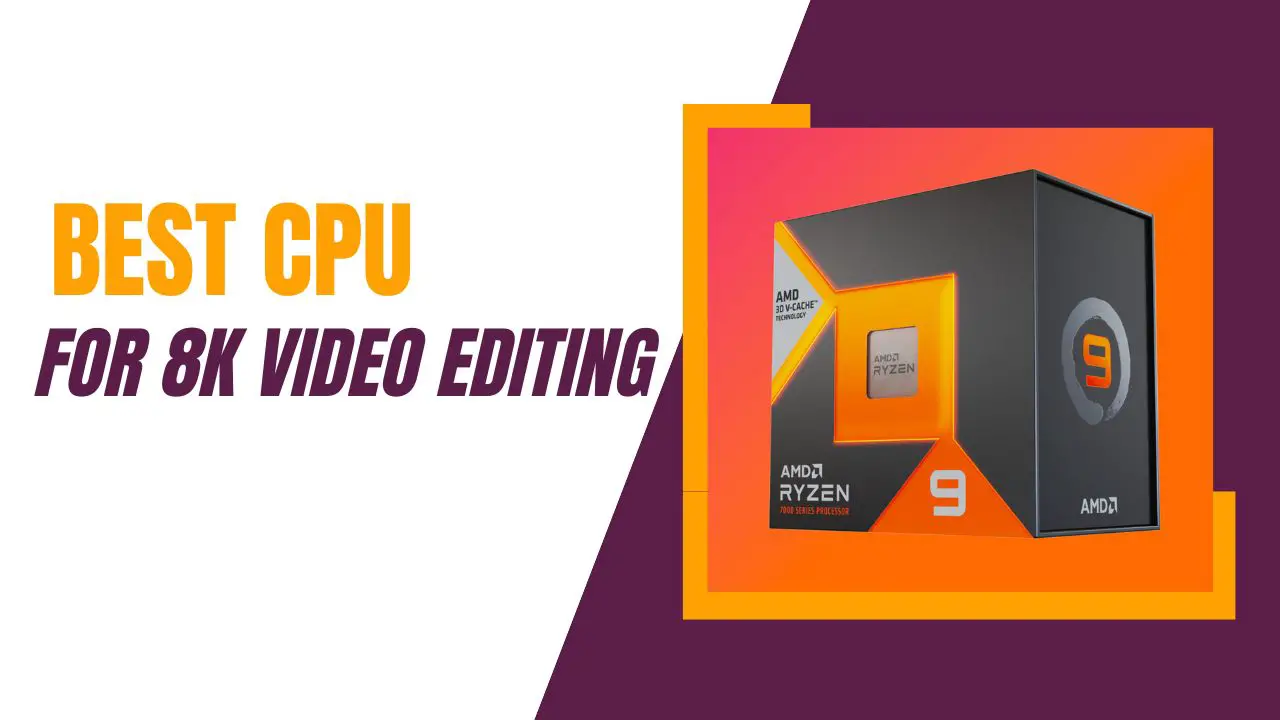
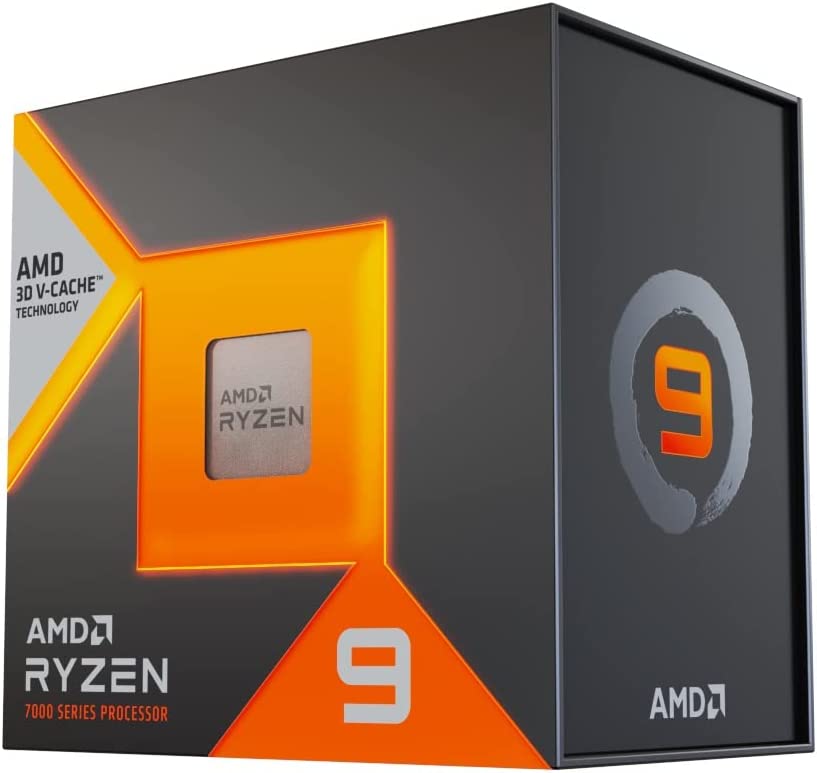
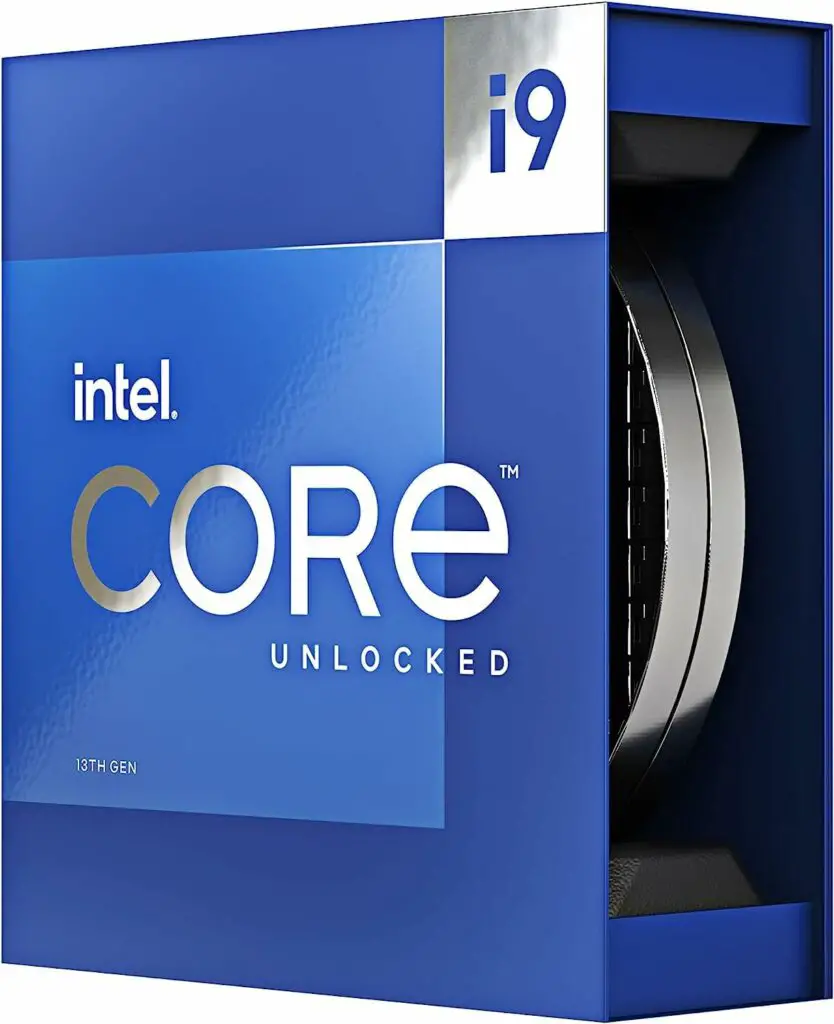
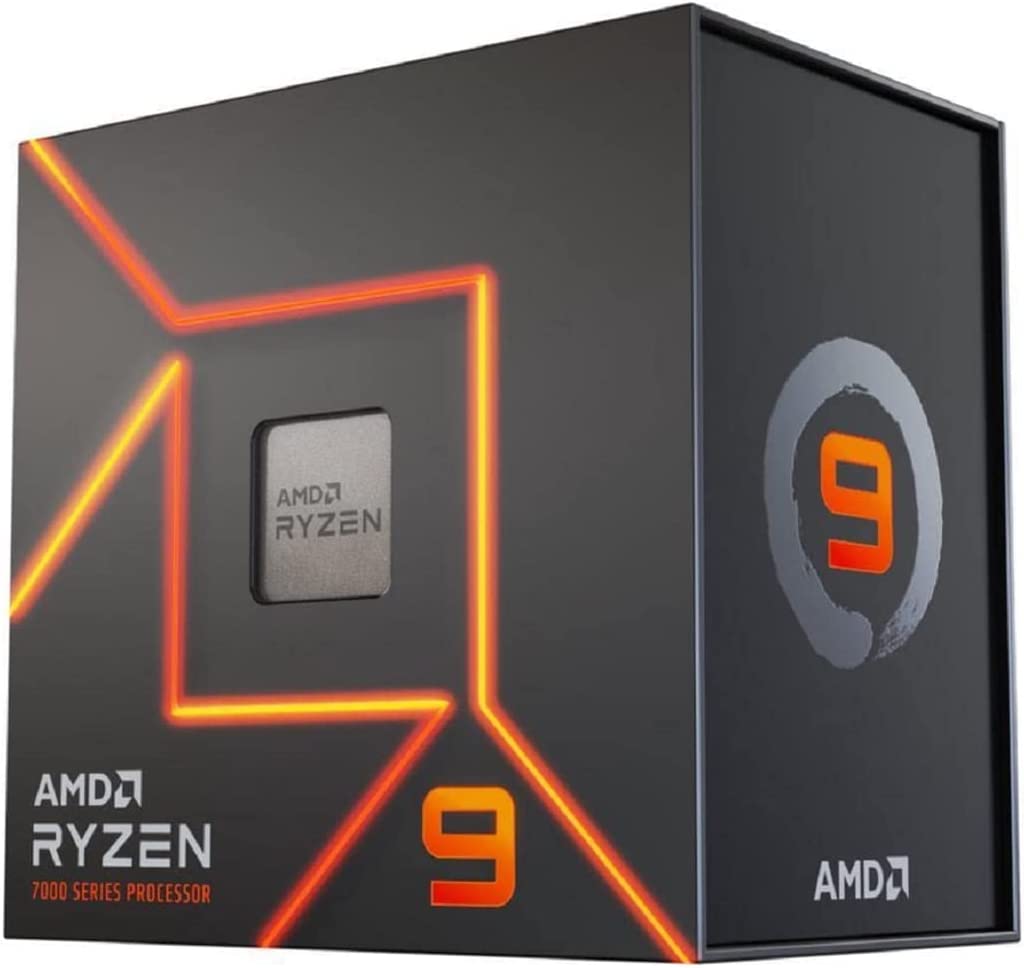
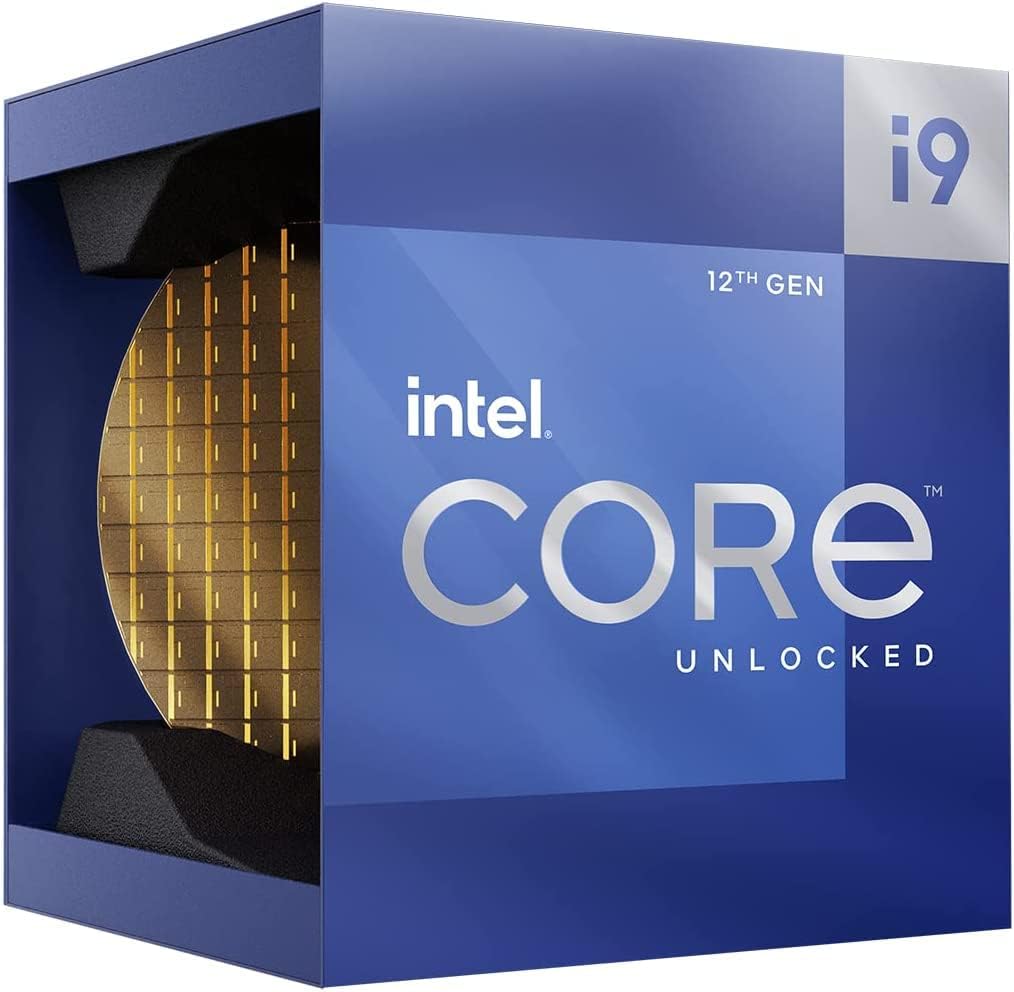
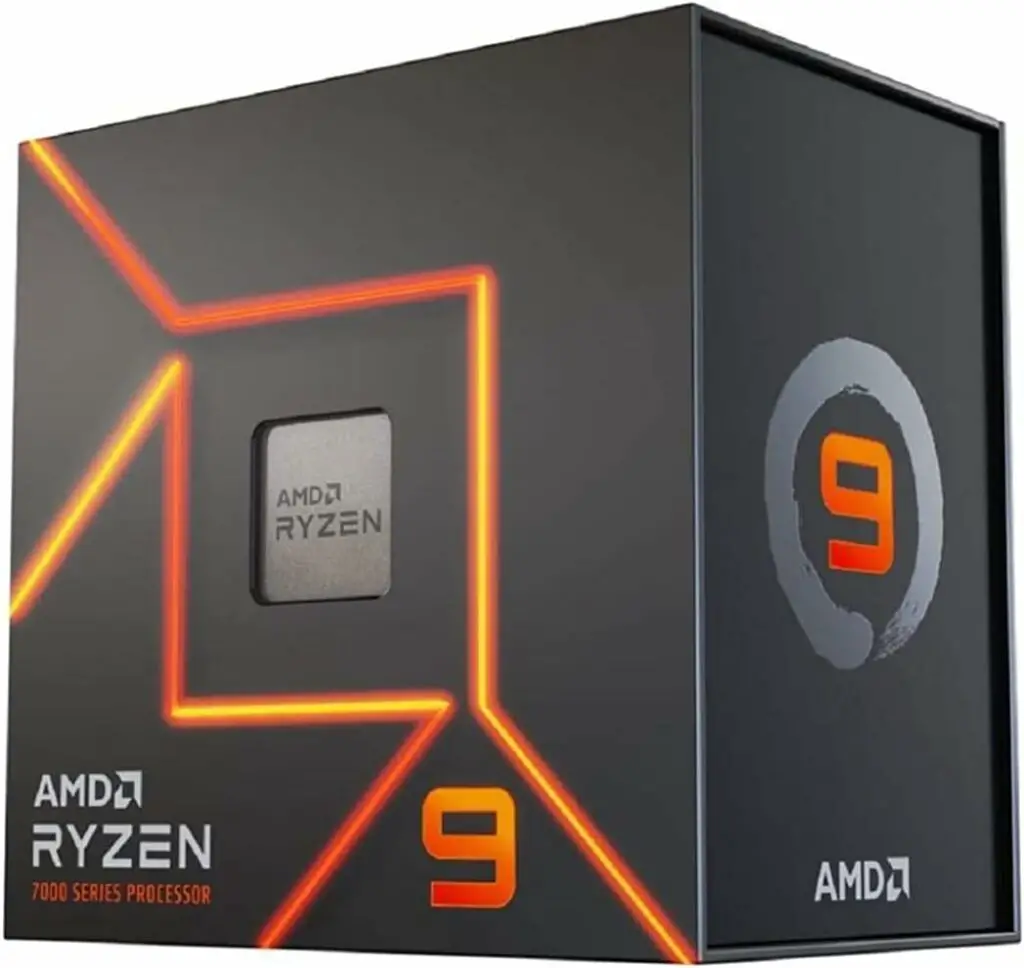
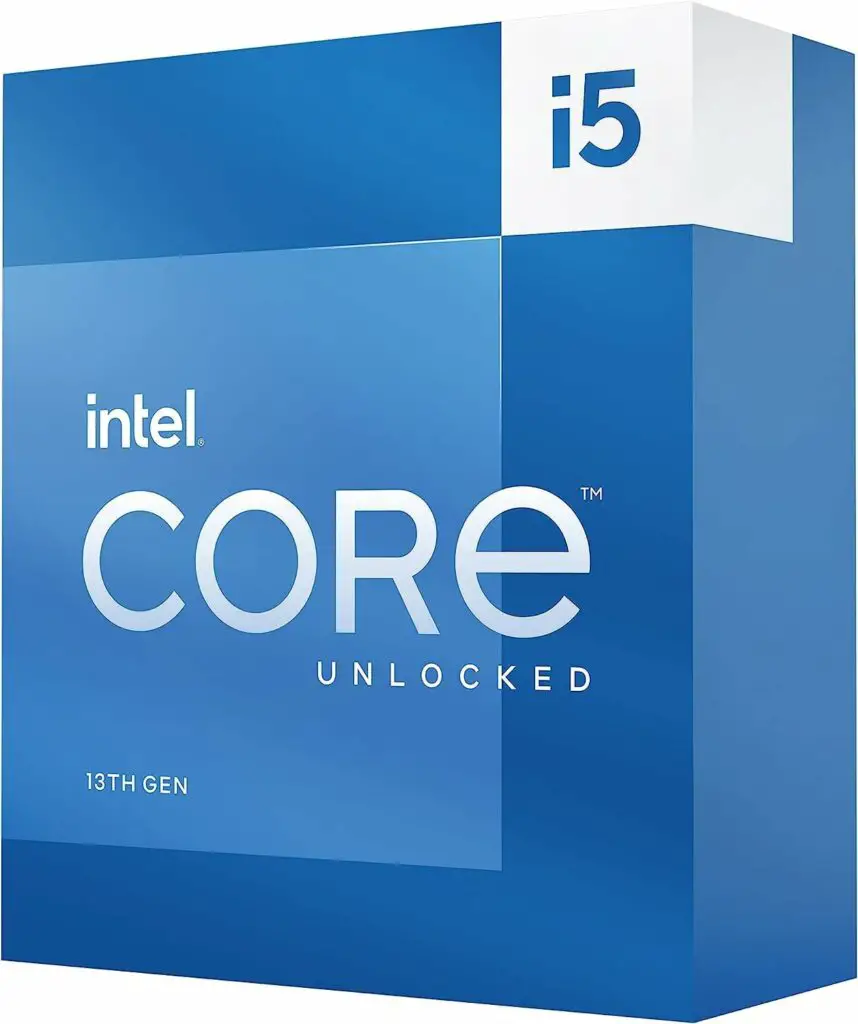
I am running edu 9 pro hope i5 13600k will be good for this program.